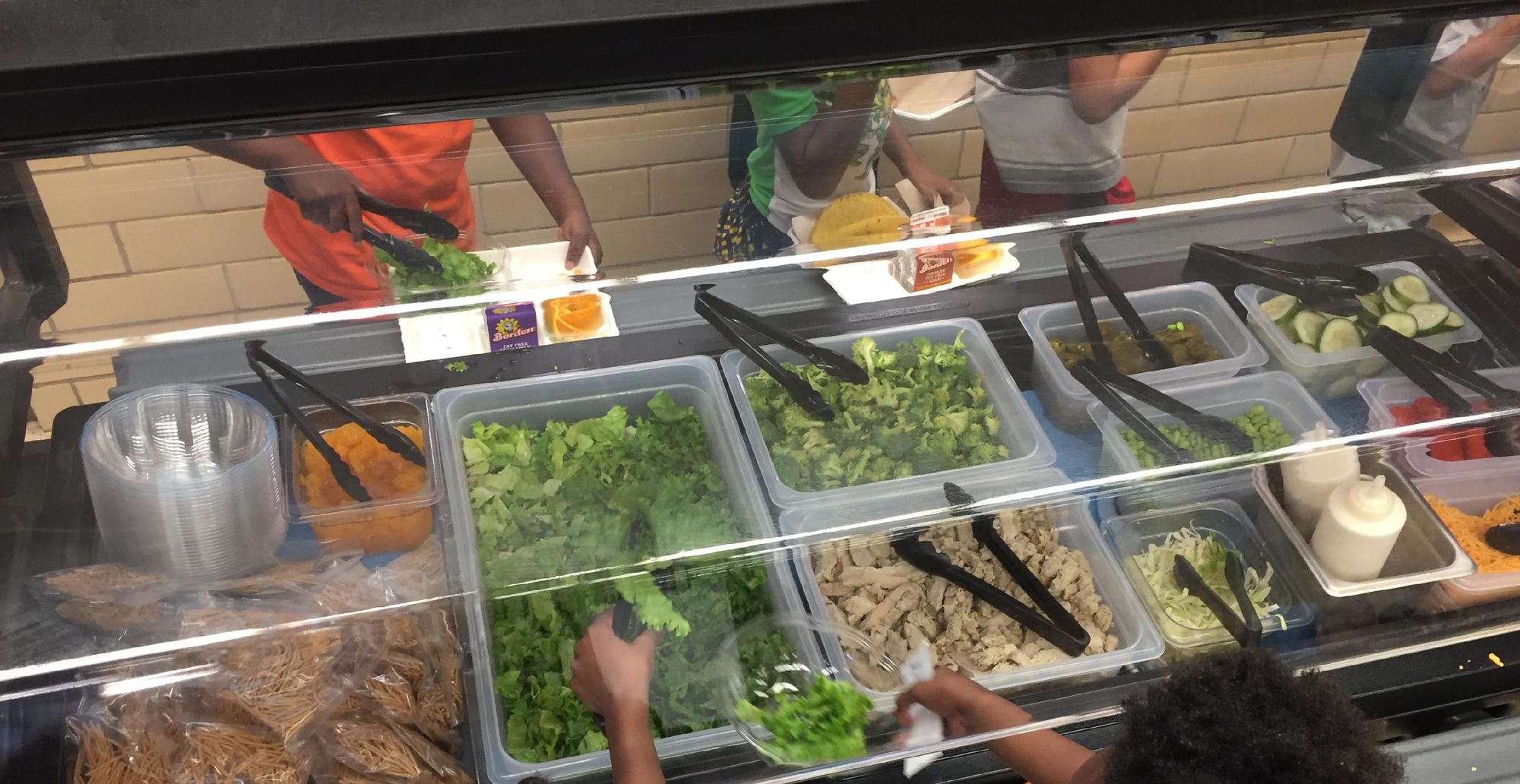Austin

Participation in the Good Food Purchasing Program by all public Austin institutions could*:
Create 33 local jobs equivalent to $1.64 million in annual local wages
The City of Austin prioritizes local food businesses in purchasing decisions.
Reduce chronic disease risk by 1.48% equivalent to $118,000 in annual healthcare savings
Austin area schools have partnered with Central Texas School Garden Network to improve student health outcomes.
Create equitable access to good food
Austin is embarking on a planning process to create a strategic framework for a resilient and just regional food system.
*Impacts are calculated based on the estimated annual regional food spend. These are the estimated impacts of increasing 30% of current spending on local products and increasing 30% of current purchases of fruits and vegetables, without changing total food spend. For additional detail, download the methodology.

"The City of Austin’s draft Climate Equity Plan sets a goal to ensure 100% of Austinites — with a focus on the food insecure—can access good food by 2030. The Good Food Purchasing Program sets these wheels in motion by providing a clear framework that helps institutions direct public dollars towards values shared by our community. With this investment, we can support and encourage growers, processors, and distributors in the supply chain to offer more products that lead to improved community and environmental health."
 Amanda Rohlich - Business Process Consultant Sr. Food Policy Advisor, City of Austin Office of Sustainability
Amanda Rohlich - Business Process Consultant Sr. Food Policy Advisor, City of Austin Office of SustainabilitySee how other cities are making a difference.